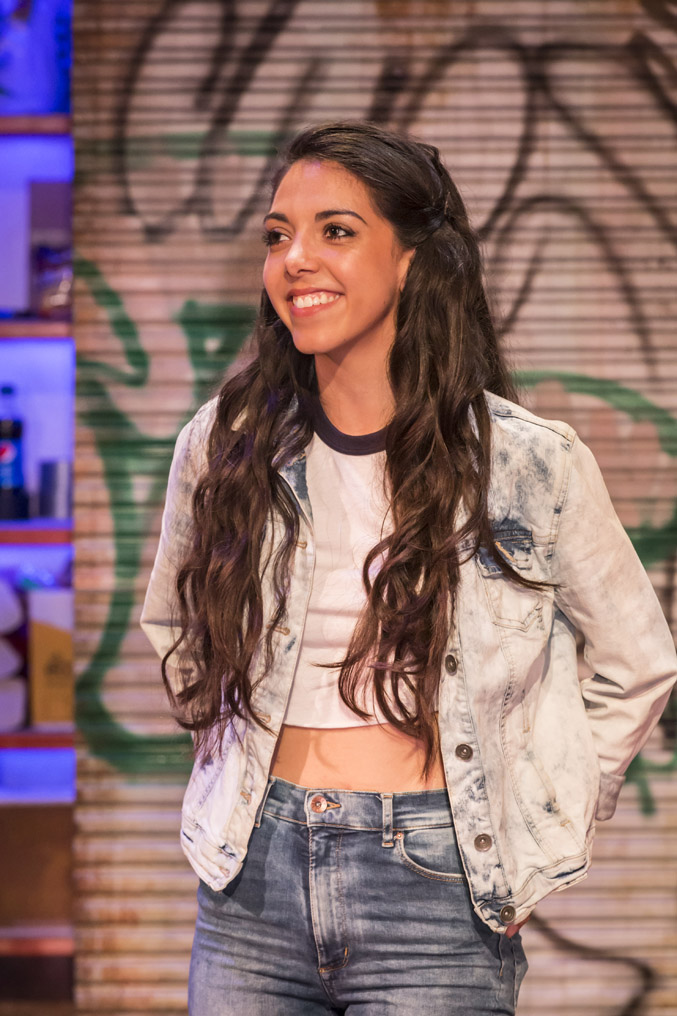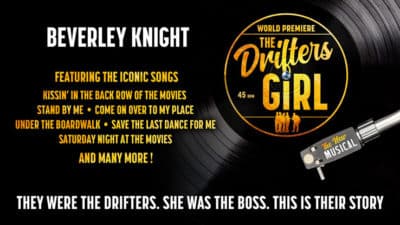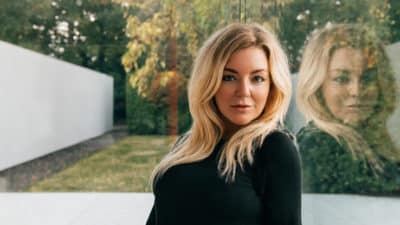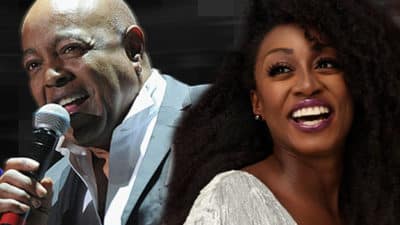Theatre
It’s time to get over your understudy prejudice
Life as an understudy must be tough. Desperate to play the role you’ve quasi been cast as, you only get to do it when the lead actor is unwell, on holiday or otherwise unavailable.
As such, every single performance must be tinged with a sense of bittersweet uncertainty. You’re doing it; you’re finally playing that role. But perhaps you’re leaving the audience feeling short-changed (you’re not who they paid good money to see, after all)? Maybe the audience aren’t getting the best show they could: wouldn’t the understudy be in the lead role from the word go if they were really as good as the star?
Understudies have had a particularly tough time lately. When Glenn Close missed a number of performances of her West End debut in Sunset Boulevard in May, understudy Ria Jones was vilified by audience members who were only interested in seeing the Oscar-nominated actress tread the boards. Meanwhile, when Sheridan Smith took a leave of absence from the Savoy’s production of Funny Girl earlier this year, understudy Natasha J Barnes was catapulted into the spotlight, playing the role of Fanny Brice for a six-week run, all amid the media frenzy that focused on Smith’s sudden and unexpected departure from the show.
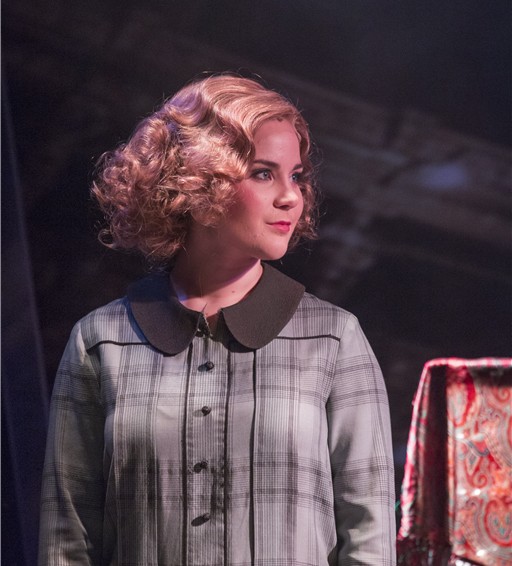
Such frustrations from audience members are unfounded though. To quote the age-old adage of the stage, “the show must go on”, and understudies (or “alternates” as they’re referred to in some cases) exist to ensure a performance can go ahead, night-after-night, whatever the real world throws at the most formidable of leading ladies or gents, including when eight-shows-a-week is just too much for some stars to manage.
When it actually came to it, of course, Jones was hugely applauded for her portrayal of Norma Desmond, getting a standing ovation each and every time she played the role at the Coliseum during Close’s sickness. At the time, The Telegraph said, “Ria Jones not only saved the show, but evidently stole it”. Meanwhile, Barnes has become such a star since stepping into Smith’s shoes in Funny Girl that this reviewer couldn’t imagine anyone else in the role when we saw the show earlier this year.
And just this week we had the privilege of seeing alternative Rachel Marron, Carole Stennett, taking the lead in The Bodyguard – a role she’ll play every Monday night (and every Wednesday matinee) during the run – and she was so spectacular it’s easy to see how she manages to take over the much vaunted Beverley Knight twice a week.
The fact of the matter is no production can guarantee the appearance of a particular star; things just happen in real life that no show can predict however well-oiled, prepped and slick it considers itself to be. And understudies ensure that whatever those things might be, an audience still gets to see a fantastic performance.
Of course it’s perfectly normal to feel a bit put out when the announcer confirms you don’t have top billing for a show, but that’s as far as your upset should go. Understudies aren’t just some regular John or Jane Doe the producers have just picked up from the streets; they’re consummate professionals, capable of carrying the show themselves and guaranteeing you a thrill of a ride.
Take Rachel John, for instance, now starring opposite Beverley Knight (or, sometimes, Carole Stennett) in The Bodyguard as Nicki Marron – a role in which she’s so good, she steals the show. John has been on the stage for years, but it’s of note that her most recent role before this was actually playing Beverley Knight’s understudy in Memphis, again taking on the role regularly on Monday evenings during the last three months of the show’s triumphant run, opposite Matt Cardle.
Elsewhere, Gabriela Garcia is now the lead in In The Heights at the King’s Cross Theatre, having been the understudy for the same role since the show opened back in March.
We can’t think of a single time when we’ve seen a show and been disappointed at not having top billing – sure, it stings for a second: “what a shame we won’t get to see them in this role,” but then the moment has passed, the lights come on, the show begins and that incredible filler-inner (who, it’s worth noting hasn’t had half the time to finesse their performance in front of a live audience) still manages to captivate you and transport you to some other place, and hold you there for the whole show.
People, it’s time to rethink your prejudice about the understudies. Embrace them, these shining foundations and solid stalwarts of the shows we love, for they not only make it work night-after-night, they’re – in many cases – your leading ladies and gents of the future.




